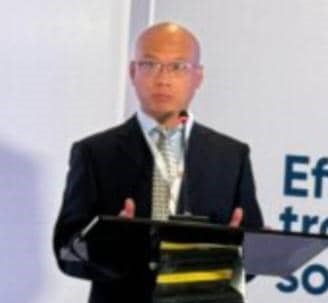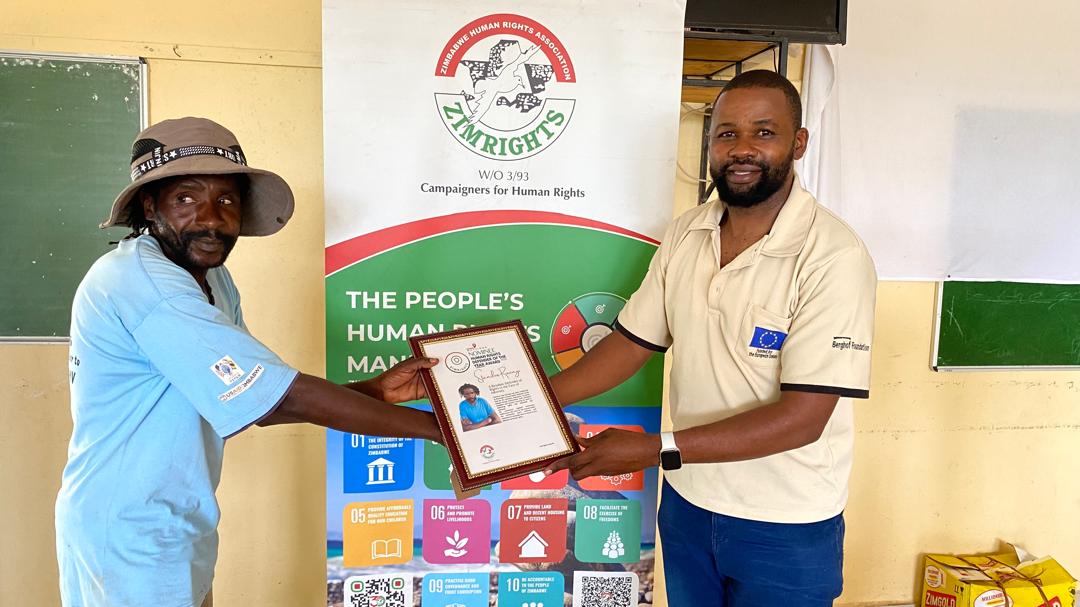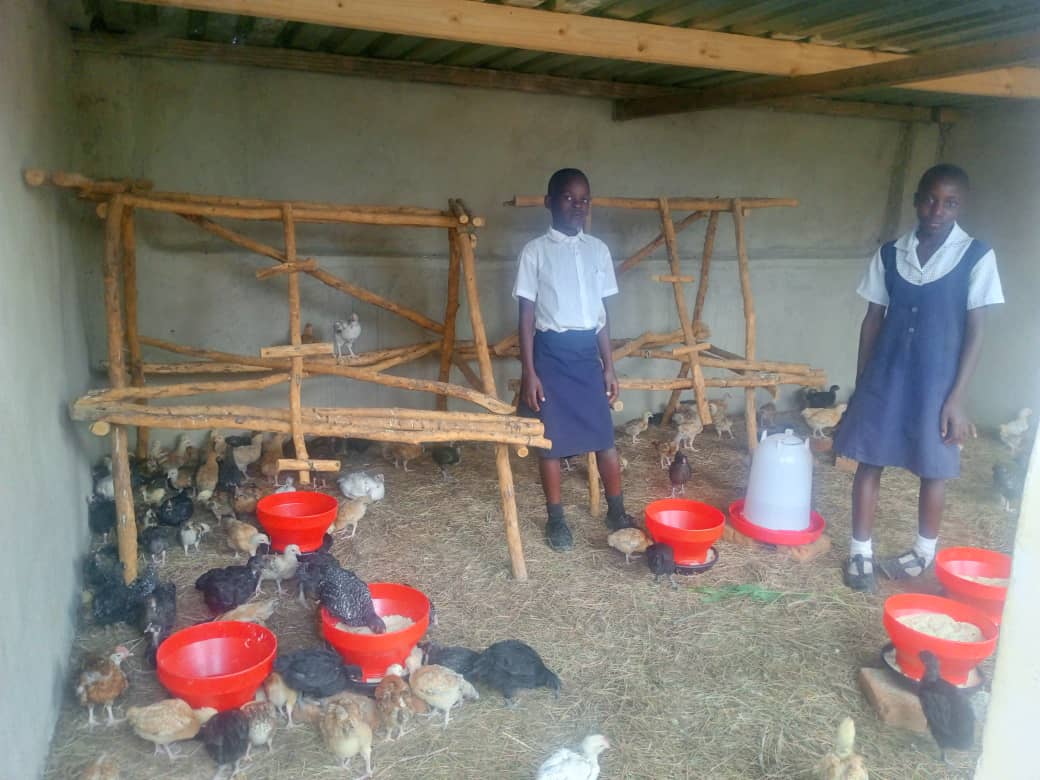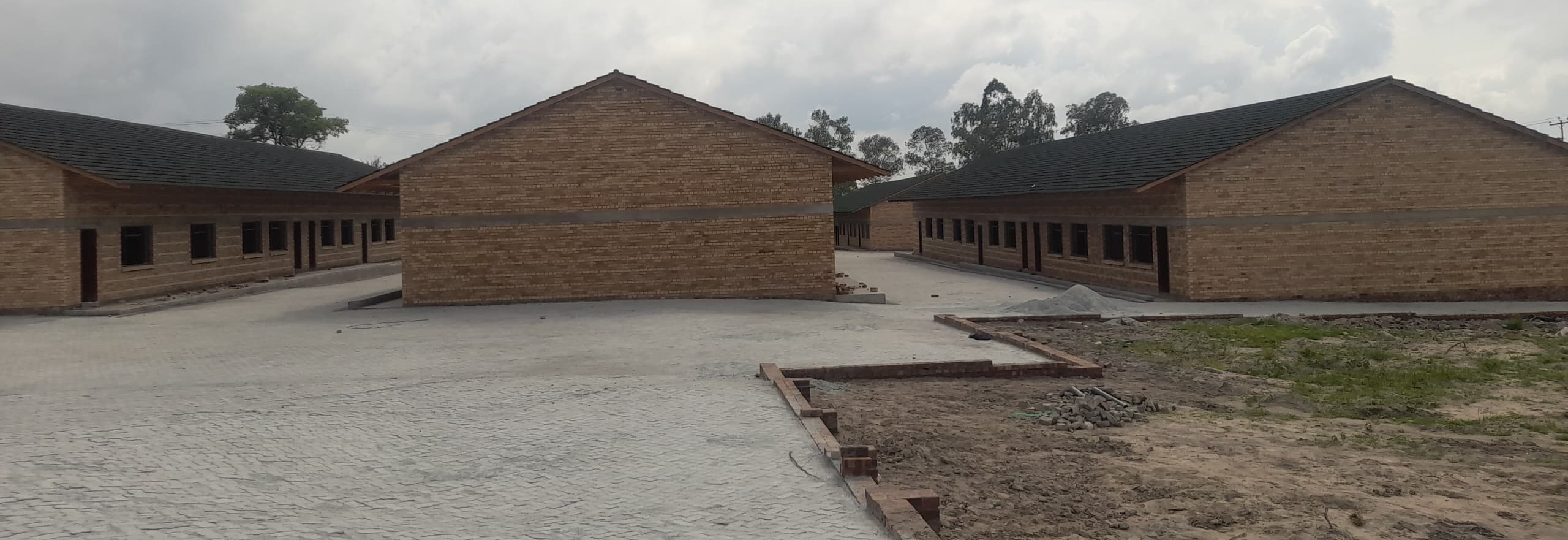Trymore Tagwirei
Bikita Minerals has lamented policy inconsistency and the high cost of doing business in Zimbabwe, calling on government to intervene if the country’s lithium producers were to remain viable on the increasingly competitive global market.
Speaking during a recent tour of the mine by the Mines and Minerals Development Parliamentary Portfolio Committee, Managing Director Xuedong Gong complained about complicated licensing policies, high taxes, and unfriendly export regulations.
Xuedong (pictured) also bemoaned the country’s poor road network and erratic power supplies which he said were factors that dampened investor sentiment.
“Government should create clear and consistent policies on licensing, taxation and export regulations. This is important for investors especially in lithium producing companies,” he said, calling for tax holidays to stimulate value-addition and broader capital investment.
The country’s woefully bad road infrastructure, he said, contributed to high transportation costs for the lithium producer which has been 100 percent owned by Chinese listed metals company Sino Mine Resource Group since January 2022.
“In producing lithium, we face challenges of poor roads, severe power cuts and other challenges. To export lithium, we cover long transportation distances on poor infrastructure. These are factors that cause high operational costs and limit our global competitiveness.
“As you know, we now compete with investors in other countries with plenty of lithium deposits for example DRC and Mali. For our investment in lithium, we need basic infrastructure like roads, transportation, water supply and power,” he said.
Xuedong, who was recently appointed as new chairperson of lithium producers under the Zimbabwe Chamber of Mines, said the company had shown great commitment to the country regardless of the immense problems faced.
“We are fighting all the challenges by investing more money in the company. We hope that the government will assist us to remain viable in the global market,” he said.
Xuedong said Bikita Minerals was committed to Zimbabwe beneficiation plans which are based on the idea that there should be greater value-addition jobs leading to increased revenue for the country.
On 29 November 2023, President Emmerson Mnangagwa officiated at the commissioning of Bikita Minerals’ new massive spodumene processing plant which was set-up reportedly at a cost of US$300 million, and in record 12 months.
In his address to the gathering, Mnangagwa said the planned Mapinga Mines Industrial Park will complete the missing link in the minerals value-addition chain.
Planned for Mashonaland West province, the 5 000-hectare industrial park project would capacitate the country to add greater value to its minerals before export.
Speaking at that event, Sino Mine Resource Group chairperson Pingwei Wang said the company had so far contributed US$40 million in taxes to the Zimbabwean fiscus, and had created over 800 jobs.







